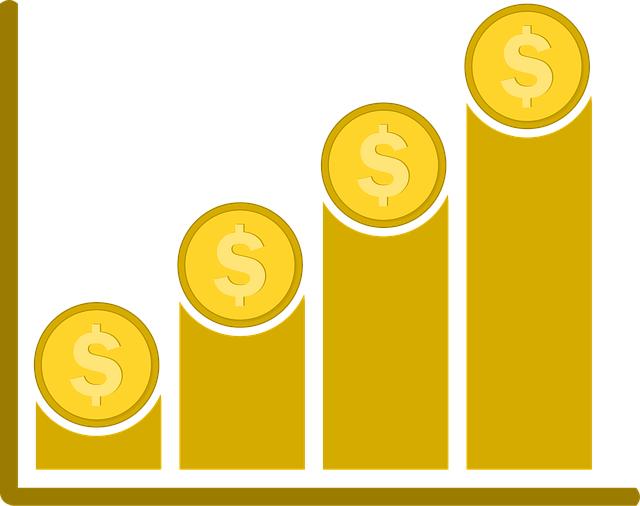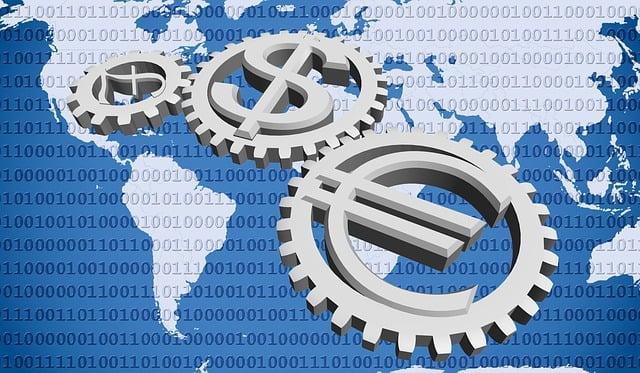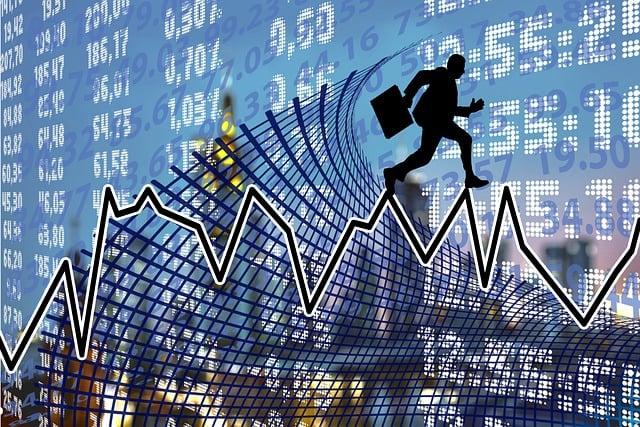Table of Contents
- Introduction
- Understanding Inflation Shifts
- Navigating the Global Economy
- Conclusion
- FAQs
- References
Introduction
In today's interconnected world, understanding the complexities of the global economy is crucial. One key factor that impacts economies worldwide is inflation shifts. Navigating these inflation movements requires a nuanced understanding of their causes and effects within the larger economic landscape. This article delves into the intricacies of inflation shifts and provides insights into how individuals and businesses can adapt to changes in the global economy.
Understanding Inflation Shifts
When it comes to inflation, a moderate and stable rate is often desired by governments and central banks. Inflation refers to the general increase in prices of goods and services over time, which erodes purchasing power. However, fluctuations in inflation rates can have far-reaching consequences. Understanding the factors that contribute to inflation shifts, such as changes in demand, supply shocks, and monetary policy, is essential for policymakers and investors alike.
Shifts in inflation can influence interest rates, investment decisions, and overall economic growth. For individuals, inflation impacts everyday purchasing decisions, savings, and retirement planning. By staying informed about inflation trends and their underlying causes, individuals can make more strategic financial choices to mitigate the effects of rising prices.

(Image: Pixabay/@MissKaLem)
Navigating the Global Economy
The global economy is a complex web of interconnected markets, currencies, and regulations. Inflation shifts in one country can quickly reverberate across borders, affecting trade, investment flows, and exchange rates. Businesses operating in multiple countries must closely monitor inflation dynamics to anticipate risks and opportunities in different markets.
As technological advancements and globalization continue to reshape the economic landscape, adapting to inflation shifts has become increasingly important. Strategies such as diversifying investments, hedging against currency risks, and closely monitoring macroeconomic indicators can help businesses thrive in a dynamic global economy.

(Image: Pixabay/@TheDigitalArtist)
Conclusion
Navigating the global economy amidst inflation shifts requires a proactive and informed approach. By understanding the factors driving inflation, individuals and businesses can make better financial decisions and position themselves for long-term success in an ever-changing economic environment.
FAQs
How does inflation impact consumer purchasing power?
Inflation erodes the purchasing power of consumers as prices rise, making goods and services more expensive relative to income levels.
What are some strategies for businesses to mitigate the effects of inflation shifts?
Businesses can hedge against currency risks, diversify investments across regions, and closely monitor macroeconomic indicators to navigate inflation shifts effectively.
